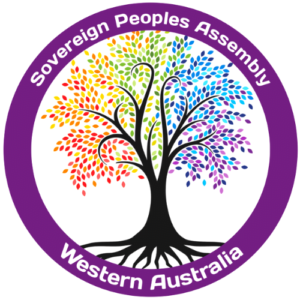Court
Why use the Common Law Court Process?
We the people have the unalienable right to establish among ourselves a Common Law Court that defends against any tyranny or violence perpetuated against us and protects the inherent liberties and sovereignty of all men and women.
The Common Law Court arises from the conscious consent and participation of the people and is the direct responsibility of all people. For the people by the people
The Common Law Court liberates people with the Natural Law by putting justice and the law back into their hands with the simple principle that no law or authority shall ever again cause anyone to rule, harm or dominate others.
The Common Law Court has the power to protect the people by prosecuting, and indicting anyone and any institutions that threaten the community.
The Common Law Court system is based on the jury system, due process, and the burden of proof.
- The jury system prevents manipulation of the law and justice by unaccountable parties or vested interests. The more people who gather to determine the truth of a matter, the more likely they will come to a just and truthful verdict.
- The burden of proof is on the Plaintiff (Claimant), backed up with provable facts, and made by one who was a direct participant in or an eyewitness to the event.
- Due Process is the three-fold right of anyone to be notified of the claims being brought against them, to see the evidence, and to be tried and judged before their own peers.
- Step one: The plaintiff submits the Public Notice of Statement and Claim of Right
- Step two: Form a Common Law Court
- Step three: Swearing in and convening the Jury and Court Officers
- Step four: Pre-Trial Conference/Mediation
- Step five: Issuing of Public Summonses
- Step six: Trial commences
- Step seven: Main proceedings
- Step eight: Closing summaries and arguments
- Step nine: Jury deliberates
- Step ten: Jury issues a unanimous verdict
- Step eleven: Court adjourned and sentence enforced
A mediation process is recommended prior to a case reaching the court process and it is hoped that a successful communication process would enable a plaintiff and defendant to reach an agreement. The court process is activated if the mediation is unsuccessful.

Our Common Law Courts that serve the community, rely on donations to cover costs of venue hire, equipment, video conferencing, etc. We do not make any profit. Any financial assistance you can afford, is greatly appreciated. If you would like to make a contribution and help us make a difference, please click on the image to take you to the Donation page.Thank you
